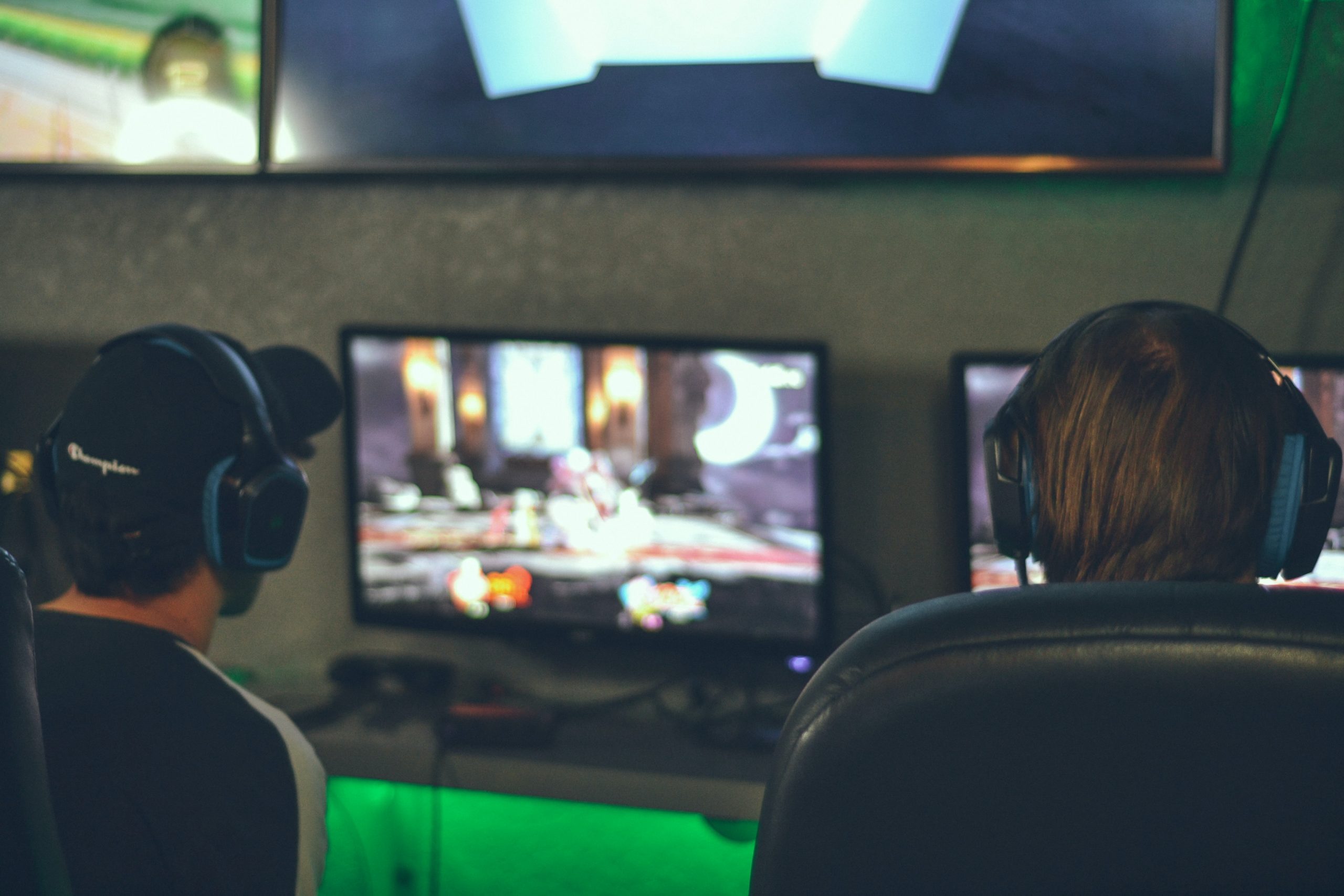Esports has always had an odd place in between the sports and gaming worlds, not quite belonging in either category. Competitive gaming has grown from the first esports event, a tiny Stanford Spacewar competition in 1972, to a multi-billion dollar industry that’s capable of selling out Madison Square Garden. Esports athletes are capable of making seven-figure salaries and can even be awarded gaming scholarships at universities across the country. The realm of competitive video games is no longer a joke, and big companies are starting to catch on to this growing phenomenon.
In January of 2022, Microsoft bought out Activision Blizzard for $68.7 billion, shocking amateur and professional gamers alike. Microsoft is the publisher of Xbox, meaning it controls which games are released on the console and which ones are exclusive to it. For example, big titles like Halo, Sea of Thieves and Forza are only available on Xbox and are excluded from other big consoles, like the Playstation and the Nintendo Switch. Activision Blizzard is the developer of huge IPs like Overwatch, Call of Duty and World of Warcraft, most of which have historically been available cross-platform. By acquiring Blizzard, Microsoft hopes to expand these series to mobile platforms, allowing players to play these games anytime, from anywhere in the world.
However, gamers are concerned with this emerging trend of console publishers acquiring creative development companies. Many of them believe that console wars will encourage these publishers to make their new IPs solely available on the consoles that they produce. Microsoft has the incentive to make these wildly popular Blizzard titles playable only through Xbox and PC, therefore cutting its main competitors, Sony and Playstation, out of the deal. Even Playstation is getting in on this gaming arms race, having acquired Bungie Studios, the developers of Destiny 2 and Halo. Will these platform changes shatter the online communities that have grown from these games, and shut out players that lack the necessary hardware in the process?
A few years ago, the answer might’ve been yes, but that expectation is slowly shifting. When Microsoft bought the rights to Minecraft in 2014, it kept the game available on all consoles and platforms, and given the game’s cult-like following, it was wise to do so. Microsoft seems to be pushing the idea of accessibility lately and is more concerned with keeping the communities of its games intact through expanding its reach to mobile and cloud-based platforms like the Xbox Game Pass. Sony and Bungie feel this way, too.
It’s in their best interest to keep these games, which rely on their expansive, multiplayer communities, as accessible as possible in order to maintain these niche groups and keep them growing. Microsoft hasn’t said much officially regarding which Blizzard games are going to be made exclusive and which are going to remain cross-platform, but it will most likely address each IP on a case-by-case basis. In other words, the company will tactfully decide which games benefit from a larger outreach and which ones will make more revenue if contained to Xbox and other Microsoft platforms.
Where do esports factor into this equation? With the buyout, Microsoft also acquired publishing rights to international esports events through Major League Gaming (MLG), one of the largest esports organizations on the scene. In the past, esports have remained relatively unorganized and independent, and the introduction of large companies to regulate and sponsor these events is fairly new. Microsoft has the potential to affect everything, from brand deals to prize pools, and could change the way that audiences and esports athletes alike interact with the games they’re playing.
More interestingly, though, is the fact that many Blizzard Activision games are major titles in the esports industry. Overwatch, Call of Duty, World of Warcraft and StarCraft all have huge esports audiences and extraordinarily large payouts. The Overwatch League 2019 playoffs had a prize pool of about $3.5 million, and the Call of Duty League 2020 competition had an even larger pool of $4.6 million.
Now that Microsoft owns the rights to these games and has developed an interest in managing esports events in general, these games might become exclusive to competitions sponsored by Microsoft. There is little precedent thus far for esports events to be held by the companies that produce the games, though it has happened before. Blizzard itself has sold the rights for sponsors to hold events featuring their games. This trend could have rippling effects regarding the way money is accumulated, leagues are formed and matches are played.
Gamers tend to have a rather pessimistic view of these buyouts. For starters, they’re worried that certain companies are going to grow a monopoly within the gaming industry, which limits the freedom that players have in buying certain platforms or services. The industry is split between hundreds of development companies, but there are only a handful of major publishers like Microsoft, Sony, Tencent and Ubisoft.
While development companies fight hard to maintain creative jurisdiction while creating games, further influence from publishers threatens to turn the current pool of video games into a homogenous mess of cash grabs and stale AAA shooters. Gamers have already expressed their distaste for large publishers like EA filling their games with microtransactions and shallow attempts at milking popular franchises like Madden and Apex Legends. As the gaming community turns further toward independent developers and their “indie” games, these publishing corporations are becoming the enemy of free expression in new IPs.
The tension between developers and gamers goes deeper, though. The bigger these companies grow, the more susceptible they are to PR disasters. Blizzard has been grappling with sexual harassment lawsuits for years, causing many of its games to grow out of favor with its fans. Many hope that Microsoft’s introduction will help increase accountability, but there is little hope that a company as big as Microsoft will be able to help improve these delicate workplace environments.
As the gaming industry shows increasing concern for social issues, anger reflects back onto the publishers, the largest target of backlash under the public eye. The gaming industry is trying to move toward transparency and accessibility, and as large corporations take up more space within the industry, players are skeptical about their ability to satisfy their needs.

















